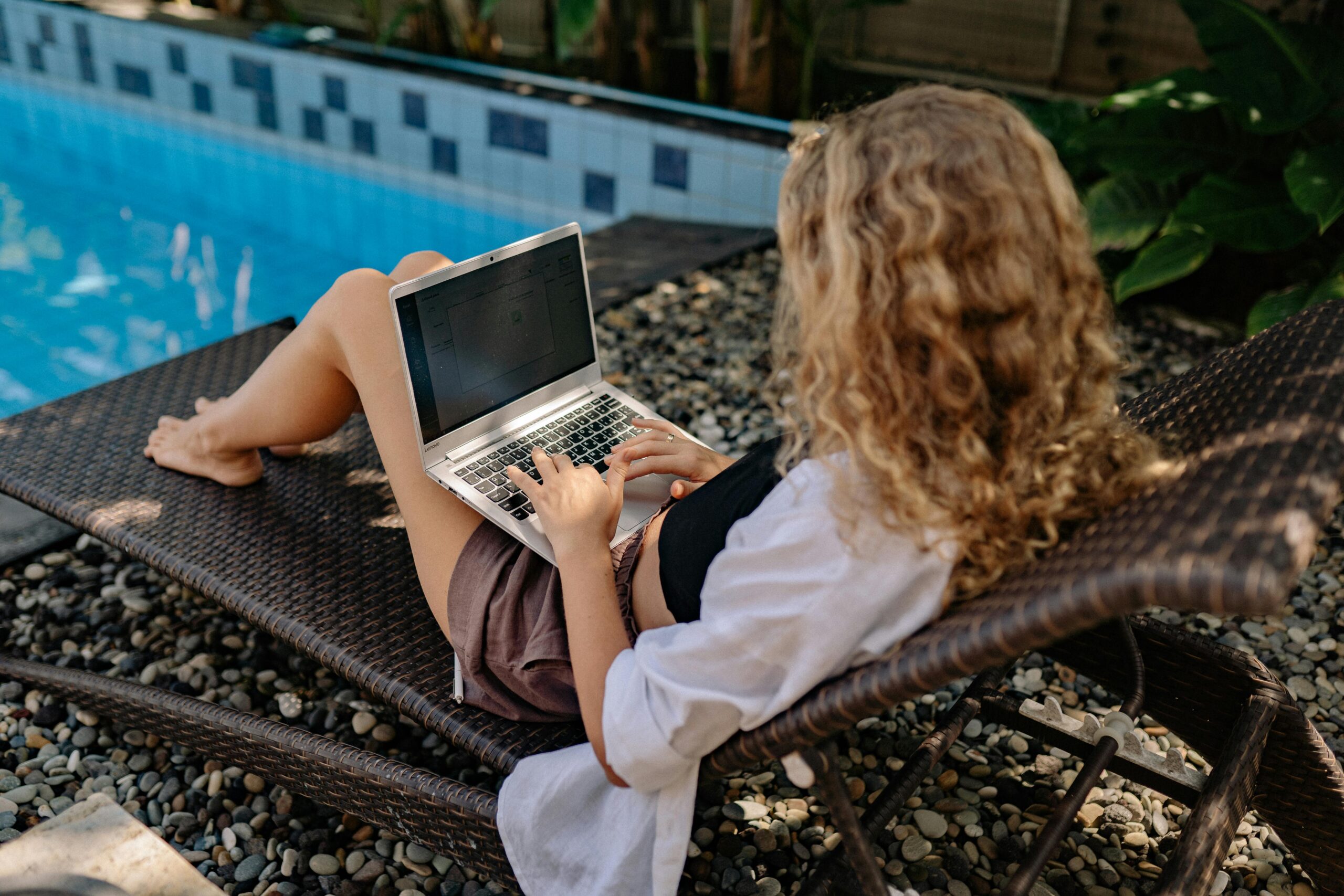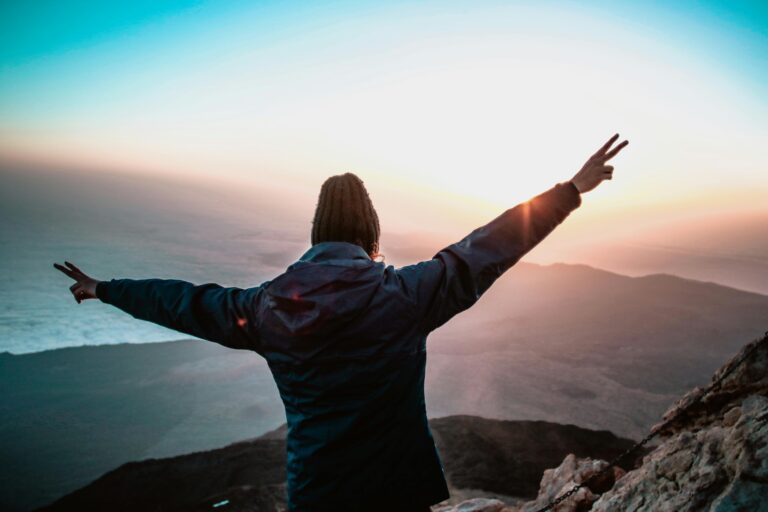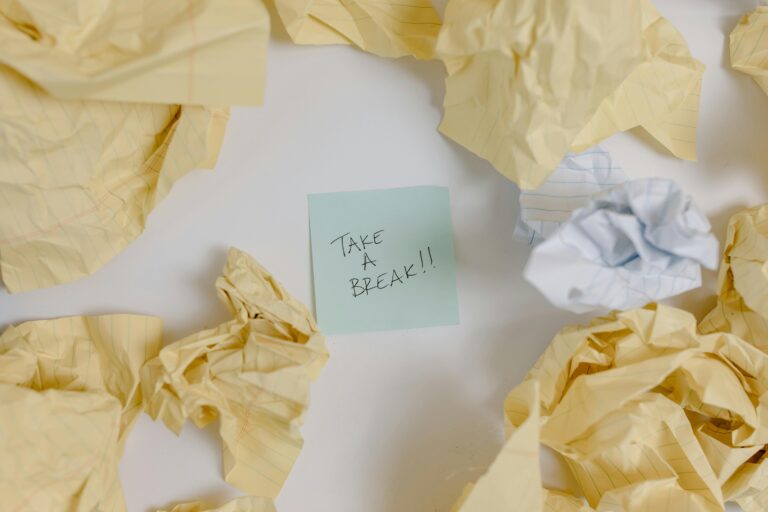“The Myth of the Perfect Vacation” – How to Truly Recharge This Summer
Summer often comes with high expectations—a picture-perfect Instagram feed, jam-packed itinerary, “vacation mode” persona. But chasing the ideal trip can accidentally spark stress, FOMO (fear of missing out), and burnout. True relaxation isn’t about maximising every minute—it’s about giving ourselves room to rest, recharge, and reconnect with what matters.
Far too often, stress begins before the holiday. Research shows that planning and travel logistics can be the most anxiety-provoking stages of a trip, especially international ones. Meanwhile, people under pressure to make “perfect” vacations, experience heightened stress due to leisure pressure and FOMO, intensified by social media’s highlight reels. Vacations help—but for high-stress individuals, relief can fade fast. Longitudinal studies show that those with ongoing workplace stress may benefit less, and recovery may vanish quickly post-holiday . To truly bounce back, one needs more than sunshine—mental rest, habit shifts, mindful pause, and sustainable lifestyle adjustments are crucial.
Why Less Is More
Building emptiness into your schedule isn’t laziness—it’s essential. Studies show that unstructured time fosters creativity, reflection, and mental incubation—ideal ingredients for deep relaxation. It also allows spontaneous awe—the small wonders that landscapes, architecture, or cultures inspire—bringing richer and more memorable experiences.
The Real Benefits of “Switching Off” – Disconnect to Reconnect
The gentlest vacations are the most restorative. When travellers truly disconnect—no work emails, no periodicals of office drama—they gain significant well-being boosts. Nature amplifies this reset: exposure to greenery calms the mind and restores attention—known as Attention Restoration Theory. Even short breaks can dramatically reduce stress, improve sleep, and revive heart health.
What Actually Makes a Good Summer
- Focus on one meaningful activity per day — slower aims, deeper satisfaction
- Go screen-free for blocks at a time — prevent FOMO from social media
Include daily nature immersion — even a beach stroll or park sit-down counters stress and sharpens attention - Build in digital relaxation rituals — breathing, journaling, mindfulness techniques (e.g. MBSR) reduce rumination
- Embrace “nothing time” with loved ones — low-pressure togetherness boosts emotional health
- Plan return steps — buffer re-entry to avoid the “post-vacation blues”
Summer isn’t a sprint—it’s a training ground for rest. Real relaxation thrives when we trade intensity for spaciousness, pressure for patience, and productivity for presence. This year, let’s redefine vacation from “perfect trip” to “practice in true rest.”
Want to Take This Further?
If this resonated with you, consider diving deeper with the StressOut course, where we explore sustainable ways to boost well-being year-round—not just during vacation. Course materials will be available on the project’s website starting July. These are some of the topics, for example:
Unit 5.1: Work-Life Balance
Work-life balance is a cornerstone of mental and physical wellness. In this unit, we help you reflect on how your time and energy are divided between work, relationships, and personal growth. You’ll explore practical strategies for aligning your daily life with your core values—so that balance becomes an ongoing habit, not just a vacation escape.
Unit 5.7: Physical Activities & Time in Nature
Nature and movement are powerful stress-busters. This unit unpacks how combining physical activity with time outdoors can radically shift your mood, reduce stress, and boost your long-term health. You’ll learn how even small, consistent steps—like morning walks or mindful outdoor breaks—can elevate your quality of life.
Stay tuned and start your journey toward a calmer, more balanced life.









